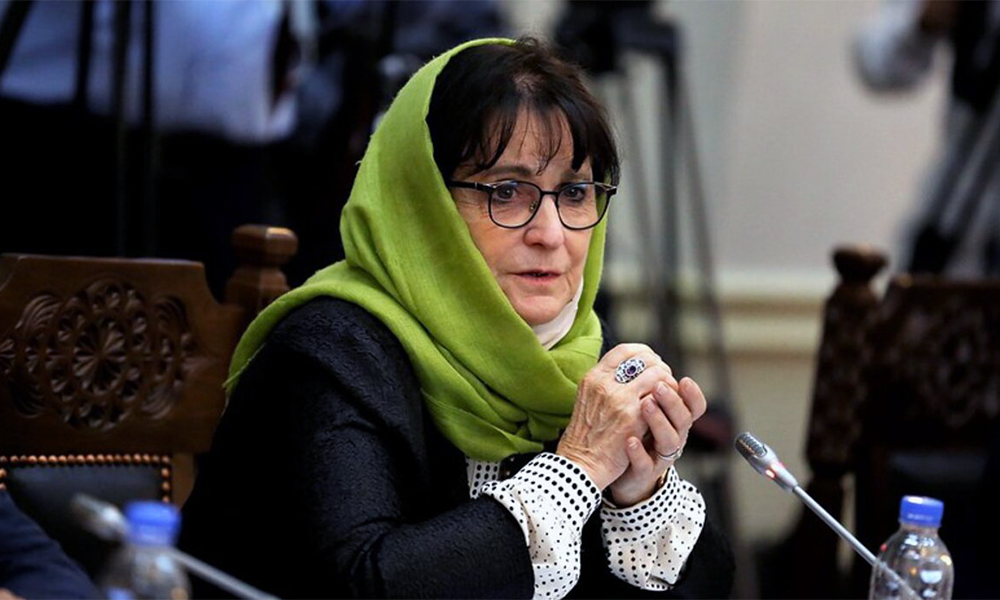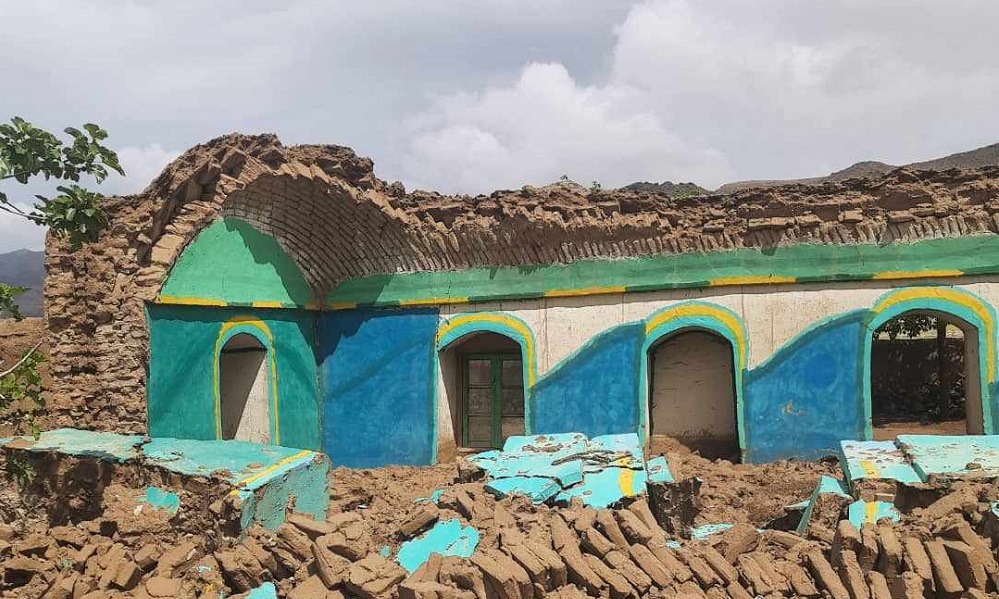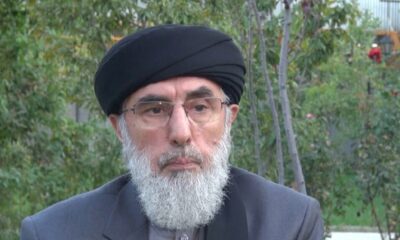Latest News
UNAMA chief says in farewell speech ‘Afghans will not be abandoned’

Reflecting on her two years as Special Representative of the UN Secretary-General to Afghanistan, Deborah Lyons said Thursday that UNAMA’s mission in the country is necessary for a number of reasons, including that the country is “too important to the international community to be forgotten”.
In a statement to mark the end of her term in the country, Lyons said: “First, we have a historical legacy. The United Nations has had a political, human rights, humanitarian, and development presence in Afghanistan since the late 1980s. We have had some successes and some failures and as a result of the latter we have a moral responsibility to remain.
“Second, we need to address the needs of the most vulnerable Afghans through humanitarian assistance and support to their basic human needs.
“Third, Afghanistan is too important to the international community to be forgotten. UNAMA will remain as a credible observer and reporter on events on the ground and a reliable link between the Afghan people, the de facto authorities, and the international community.
“As such it will also continue as a symbol that the Afghan people will not be abandoned again by the world,” Lyons said.
She said however that as she leaves Afghanistan, her “heart breaks in particular for the millions of Afghan girls who are denied their right to education, and the many Afghan women full of talent who are being told to stay at home instead of using those talents to rebuild a society that now experiences far less conflict but in some ways as much fear as before.”
She said it was ironic that “now that there is space for everyone to help rebuild the country half of the population is confined and prevented from doing so.”
Lyons stated that she is convinced that the best hope lies in an engagement strategy that demonstrates to the Islamic Emirate of Afghanistan (IEA) authorities that a system that excludes women, minorities, and talented people will not endure, and that at the same time it is possible to construct a polity that is both inclusive and Islamic.
In conclusion she said: “It has been said that when a traveler visits Afghanistan, the country confiscates their soul, and they must return now and then to see themselves. I leave with that saying very much in my mind.”
Latest News
Iran executes four Afghan prisoners

Iran executed four Afghan prisoners in Vakliabad Prison in Mashhad on Thursday morning, a human rights group reported.
Haalvsh said that the individuals had been arrested in 1398 over drug-related charges and then sentenced to death by the court.
This organization announced the names of the executed prisoners as Zaman Taheri, Salam Taheri, Gholam Qadir Samani and Ebrahim Noorzahi.
Zaman Taheri and Salam Taheri were brothers.
Iranian officials have not commented about the matter so far.
Latest News
Roof collapse kills two in Helmand

Two people were killed after roof of their house collapsed in southern Helmand province on Friday night, officials said.
Abdul Bari Rashid, head of information and culture in Helmand, told Ariana News that the incident occurred in Tajkan village of Gershak district due to heavy rain.
According to him, the dead include a woman and a child. A man was injured in the incident.
This comes as 10 people have died and six others have been injured as a result of the floods in Helmand province in the last one week.
Latest News
IEA urges World Bank to resume work on 7,000 incomplete projects

Officials at the Ministry of Rural Rehabilitation and Development (MRRD) say 7,000 incomplete projects of the World Bank are at risk of destruction in Afghanistan. They call on the World Bank to resume the work of these projects.
According to them, discussions have been held with the World Bank about these projects, but there has been no result yet.
“7,000 incomplete projects are being destroyed, and if the work is not started, these projects will be destroyed. We ask the World Bank to resume the work of these projects as soon as possible,” said Noorul Hadi Adel, the spokesperson of MRRD.
Meanwhile, members of the private sector also ask international institutions to resume their work in Afghanistan.
According to the officials of this sector, with the start of these projects, job opportunities will be provided for thousands of people in the country.
“These projects create employment for our people and the country will grow a lot,” said Mirwais Hajizadeh, a member of the private sector.
However, economic experts stated if the work of these projects does not start soon, they will be destroyed and the investments made in them will be wasted.
-

 Sport5 days ago
Sport5 days agoACL fever grows as fixtures finalized
-

 Latest News5 days ago
Latest News5 days agoOver 50 people dead in traffic accidents over Eid
-

 Latest News5 days ago
Latest News5 days agoUS identifies Kabul airport suicide bomber
-

 Business5 days ago
Business5 days agoAfghanistan-Kazakhstan chamber of commerce opens in Herat
-

 World4 days ago
World4 days agoIsraeli military vows response to Iran attack as calls for restraint mount
-

 Sport3 days ago
Sport3 days agoATN secures exclusive rights to broadcast Paris 2024 Olympics
-

 Latest News4 days ago
Latest News4 days agoPakistani police give Afghans in Balochistan one day to leave
-

 Latest News4 days ago
Latest News4 days agoHekmatyar slams US for ‘occupying’ Afghanistan’s airspace
























